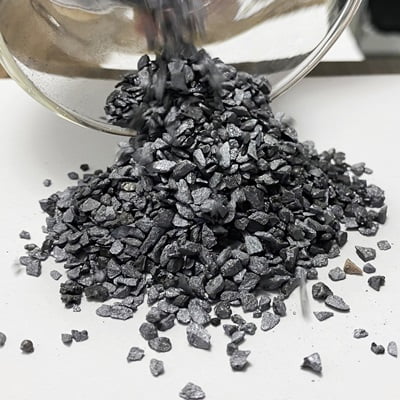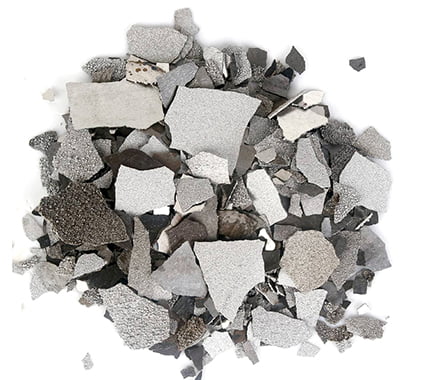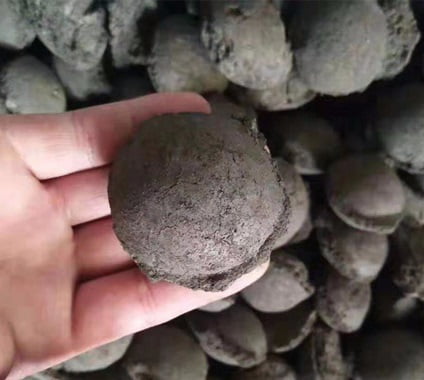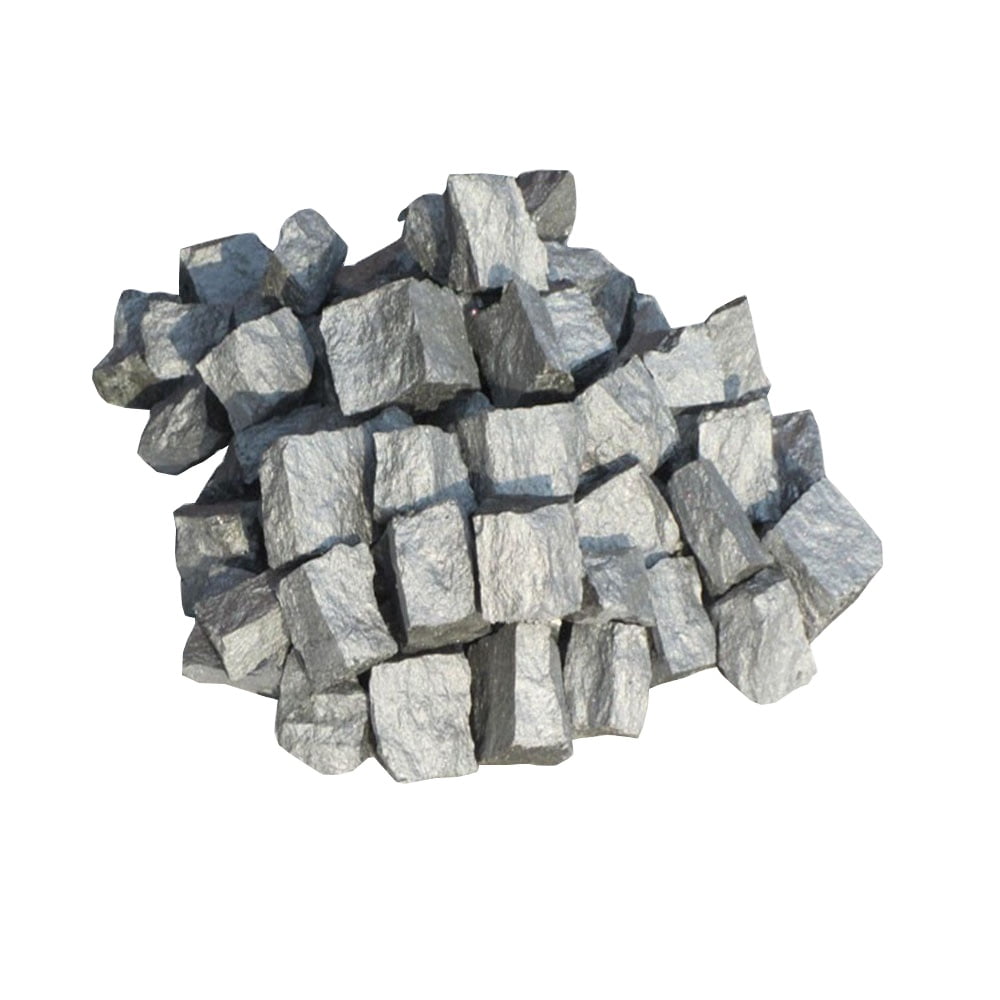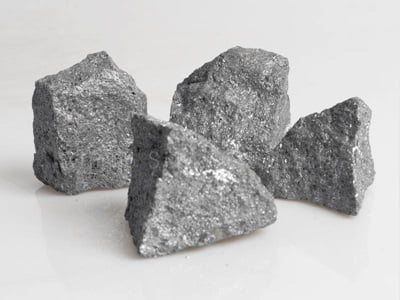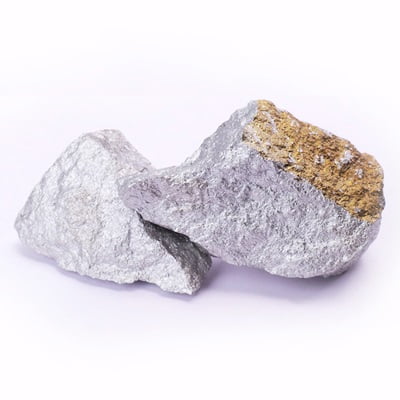NEWS
How Carbon Content in Ferro Silicon Effect the Casting Product
Ferro silicon is a ferroalloy composed of iron and silicon. It is widely used as a deoxidizer and an alloying element in the steel and iron industries. The carbon content in ferro silicon can vary depending on the production process and the intended use of the ferro silicon.
In casting, the carbon content in ferro silicon can affect the properties of the casting product. Generally speaking, the lower the carbon content in ferro silicon, the better it is for casting products. This is because high carbon levels can lead to several issues, such as:
Porosity: Carbon reacts with oxygen to form carbon monoxide gas, which can get trapped in the casting during solidification, leading to porosity. Porosity weakens the casting and makes it more prone to cracking and failure.
Brittleness: High carbon levels can also make the casting more brittle. This is because carbon can form carbides with other elements, such as iron, which are hard and brittle. Brittle castings are also more prone to cracking and failure.
Surface defects: Carbon can also cause surface defects, such as cracks and warping, due to the differential cooling rates between the surface and the interior of the casting.
Machinability: High carbon levels can make the casting more difficult to machine, as the carbides formed can cause tool wear and breakage.
However, it is important to note that the optimal carbon content in ferro silicon for casting products can vary depending on the specific application and the composition of the alloy. Some casting products may require a higher carbon content for specific properties, such as increased wear resistance or improved strength. In such cases, the casting process may need to be modified to minimize the negative effects of high carbon content, such as using a higher pouring temperature or reducing the cooling rate.
In conclusion, the carbon content in ferro silicon can have a significant impact on the properties of casting products. Generally, lower carbon levels are better for casting products, as high carbon levels can lead to porosity, brittleness, surface defects, and reduced machinability. However, the optimal carbon content can vary depending on the specific application and alloy composition, and adjustments to the casting process may be necessary to achieve the desired properties.
You May Like to Learn More...
Contact Us

JBT produces and supplies silicon metal and ferrosilicon products, mainly products are silicon metal 553, 441, 421, 411 3303,2202, 97, silicon carbide, carbon raiser for steelmaking and casting industries. We also make electrolytic manganese metal, inoculants and nodulizers.
Get in Touch
- info@jbtmetals.com
- +86-372-5032025
- +86-15937282819
- Send Inquiry
- Online Chat
- Qugou Town, Anyang City, Henan Province of China
